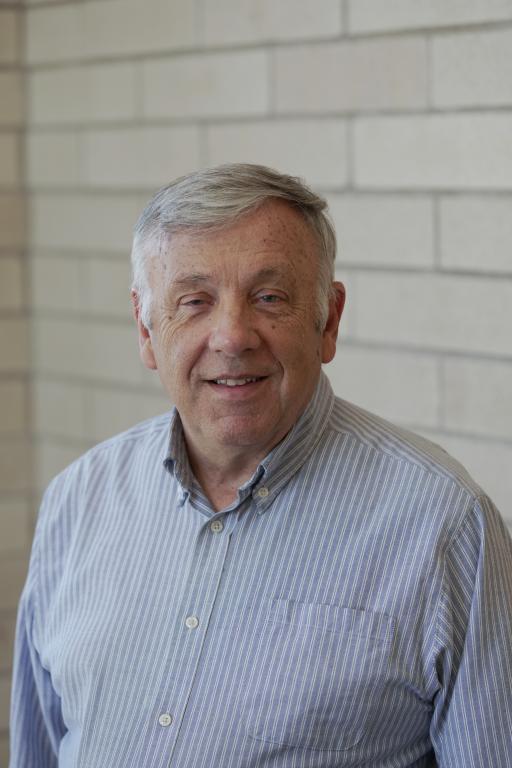Climate Crisis in Agriculture: Measuring Resiliency in Rural Kenyan Farmers and Pastoralists
For many, resiliency is a virtue. Visitors to rural Kenya often describe entire communities as resilient, especially those facing existential threats like climate change. Teaching Associate Professor Robert Uttaro saw this as an opportunity to research ‘resiliency’ – specifically how to measure it, what people mean by it, and what it can tell us about perseverance in the face of global catastrophe.
As a term, resiliency is used to describe people as being ‘resilient,’ but without any context, that word is often meaningless. This past summer, Dr. Uttaro sought to paint a clearer picture by studying how Kenyan farmers and pastoralists persist alongside the looming shadow of climate change. For Professor Uttaro, the term needs a more precise definition, prompting him to take a quantitative approach to understand what resiliency means for farmers and for pastoralists.
The problem starts with the human brain viewing all events, including climate breakdown, only in a cause-and-effect manner. Dr. Uttaro overcame this limitation by using household income as the dependent variable and the non-linear effects of climate breakdown as the independent variable. These factors can significantly affect how farmers and pastoralists respond to the catastrophic effects of climate breakdown. Climate change does not follow a solely linear logic to base a strategy on. Compounded with income and mobility, rural Kenyan farmers and pastoralists must make sense of complex realities to remain resilient, and they do not always adopt the same strategies.
Though Professor Uttaro made significant progress on his research this summer, it is only the beginning of his project. Over the years, he aims to open the door for research into resiliency across disciplines and to paint a more complete picture of how humans confront existential threats like climate change.
By Jake Townsend: Marketing and Communications Manager at the Josef Korbel School



